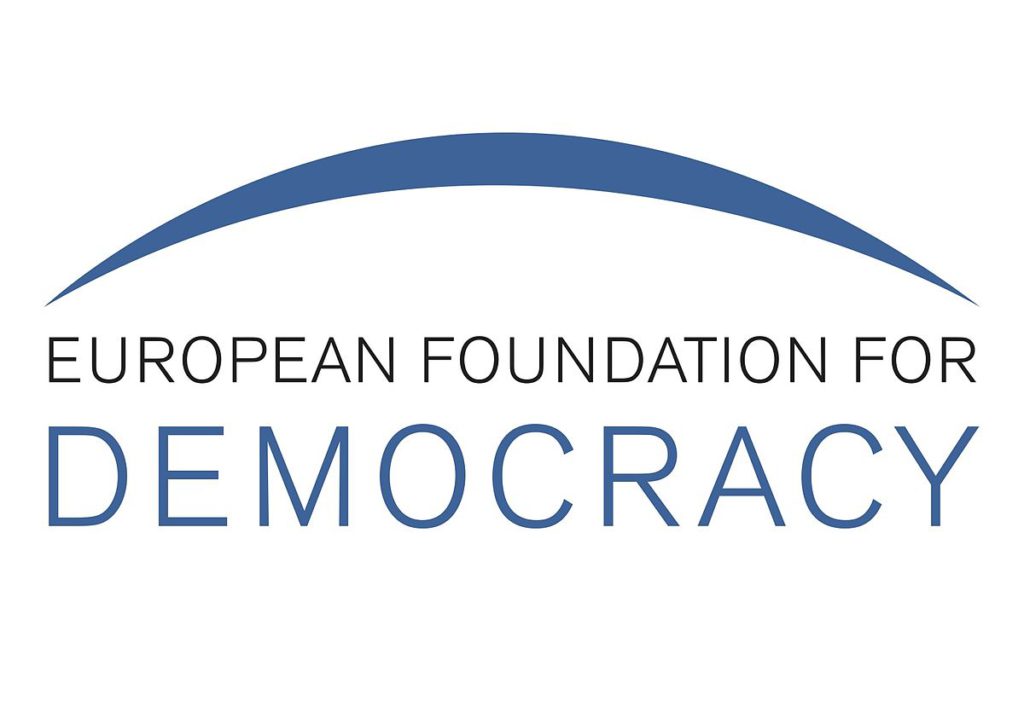Event

Prospects for Democratic Change in Tunisia
On the 25 January 2011, the European Foundation for Democracy hosted a briefing with two Tunisian academics and political exiles as guest speakers, Chérif Ferjani and Hichem Abdessamad to discuss the prospects for democratic change in Tunisia; challenges and opportunities.
North Africa specialists and diplomats from the EU institutions and a number of Member State governments were also present to discuss the recent popular, democratic uprising within Tunisia.
Chérif Ferjani identified the lack of job prospects amongst Tunisian youth as a major causal factor in the ousting of former President Ben Ali, with the rallying of so many young people towards a common democratic goal being cited as a new element in the country's politics. Mr. Abdessamad added that although many youths from middle class backgrounds originally benefitted under Ben Ali, it did not take long before his economic mismanagement began undermining his support from this group.
The EU must:
- revise its short-term perception and vision of Tunisia and not support corrupt regimes in north Africa;
- provide financial support to Tunisia in 2011 especially to the tourism sector which is vital for Tunisia's stability and economy;
- follow the French government's activity and freeze the financial assets of the Ben Ali family in European banks, returning the money to the Tunisian people.
For further information please contact Roberta Bonazzi at European Foundation for Democracy: info(at)europeandemocracy.org
